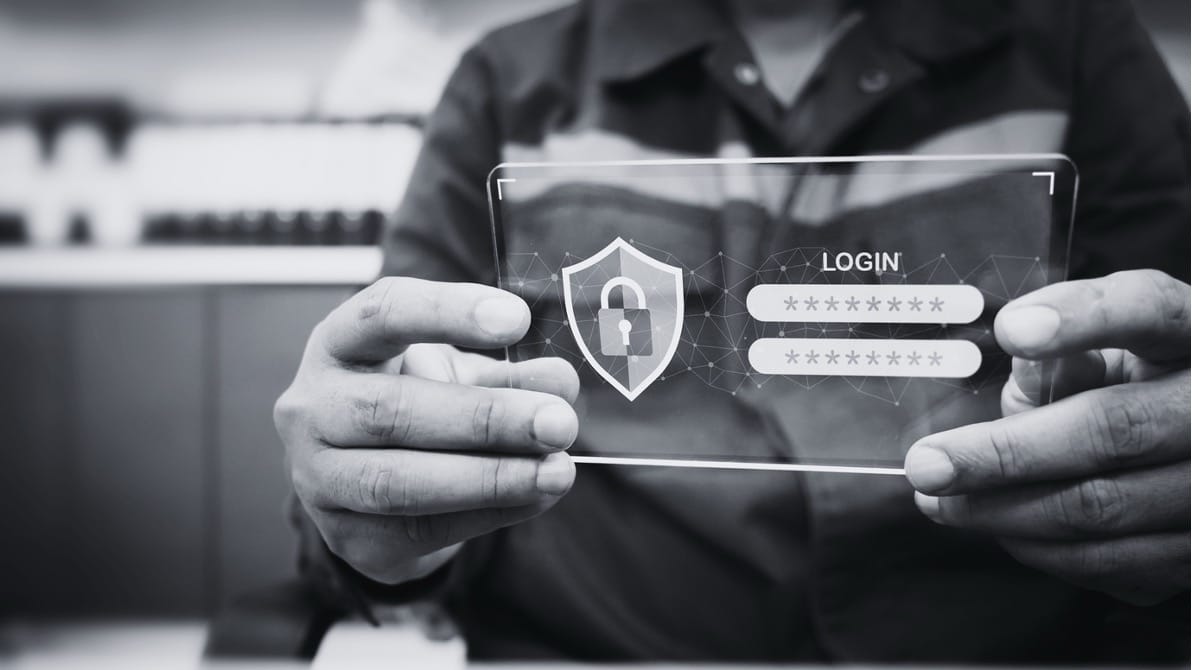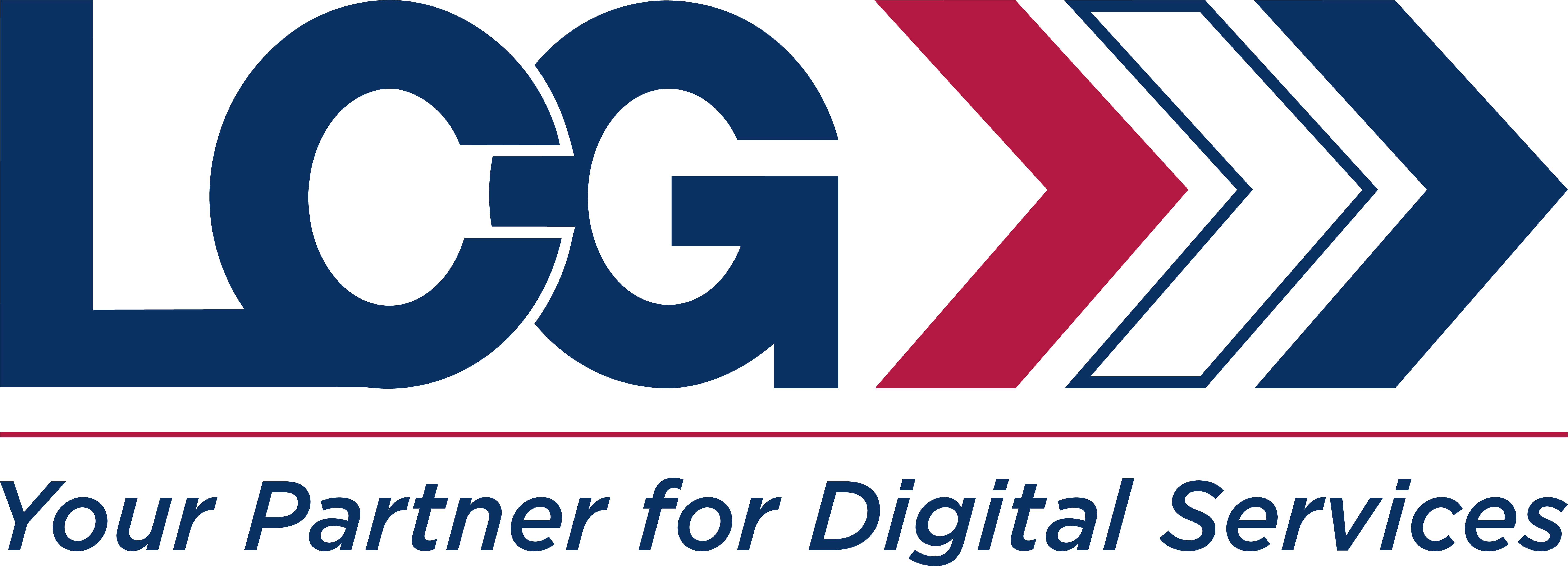Contributed By: Rochelle Marroquin, Digital Forensics and Cyber Security Analyst, Licensed PI
As we recognize Cybersecurity Awareness Month, it’s crucial to acknowledge the ever-growing threats to data privacy and the proactive steps individuals and businesses must take to protect themselves. Cybersecurity is no longer just a concern for tech companies—data breaches, phishing attacks, and identity theft are becoming everyday issues, impacting both personal and corporate spaces. Whether you’re an individual safeguarding your personal life or a business protecting valuable company assets, understanding the nuances between business and personal cybersecurity is critical.
In this article, we will explore how businesses and individuals can protect their data and privacy while examining the unique cybersecurity challenges each faces.
Cybersecurity: Personal vs. Business
At a fundamental level, the need for cybersecurity is universal. Both personal users and businesses must protect sensitive data from unauthorized access, theft, or loss. However, the nature, scope, and scale of these threats—and the strategies to mitigate them—can differ significantly.
Personal Cybersecurity
For individuals, dataprivacy often centers around protecting personal information, such as passwords, financial data, and communications, from hackers, phishing attacks, and identity theft. Without protective measures in place, these risks can affect personal reputations, finances, or access to social accounts. Personal cybersecuritypractices can be managed through proper digital hygiene, using tools like firewalls, antivirus software, and secure passwords.
Business Cybersecurity
In a business context, the stakes are significantly higher. Companies must protect vast amounts of data, including customer information, intellectual property, financial records, and trade secrets. Data breaches can lead to not only monetary loss but also legal ramifications, loss of customer trust, and damage to brand reputation. For businesses, cybersecurity must be approached with a comprehensive strategy that includes policies, risk management, employee training, and advanced technologies, as staying up to date with technological changes is essential; new cyber threats can place businesses in danger of having their data and privacy targeted.
Critical Threats to Personal Cybersecurity
On a personal level, there are several primary cyber threats to be aware of:
- Phishing Attacks
Phishing scams are designed to trick individuals into giving up personal information by disguising malicious emails or messages as legitimate communications. These attacks can lead to stolen passwords, financial loss, or even identity theft. According to the FBI’s Internet Crime Report, phishing was the most common form of cybercrime in 2022, with over 300,000 reported incidents.
- Malware and Ransomware
Malware, such as viruses, spyware, and ransomware, can infect personal devices through unsecured websites, malicious downloads, or phishing emails. Ransomware encrypts your files and demands payment, which is required to regain access, while other malware can steal sensitive data or monitor user activity.
- Password Theft
Weak or reused passwords are a leading cause of personal data breaches. Many users still rely on easily guessable passwords or use the same password across multiple accounts, increasing the risk of compromise in a single attack. In fact, a 9-character password can be cracked in 12 days; increasing its length can extend that time to 3 years with one more character and up to 279 years with two additional characters.
- Public Wi-Fi Vulnerabilities
Using public Wi-Fi can expose individuals to man-in-the-middle (MITM) attacks, where hackers intercept communication between the user’s device and the internet. This can lead to unauthorized access to personal information, including emails and financial accounts. However, installing a VPN to address this issue will circumvent MITM attacks; traffic from your device to the VPN gateway is encrypted.
Critical Threats to Business Cybersecurity
For businesses, the scope of cyber threats is broader and often more sophisticated:
- Advanced Persistent Threats (APTs)
APTs are long-term, targeted cyberattacks that infiltrate a business network to steal sensitive data over time. These are often conducted by highly skilled attackers, including nation-states or organized cybercrime groups, and can remain undetected for extended periods. IT specialists must establish parameter defenses throughout the company’s network by deploying firewalls, intrusion detection systems (IDS), and intrusion prevention systems (IPS) to monitor and filter network traffic.
Insider Threats
Employees, contractors, or third-party partners can intentionally or unintentionally pose security risks. Insider threats can come from disgruntled employees leaking sensitive data or simply from negligence, such as mishandling confidential information.
- Ransomware Attacks on Critical Data
For businesses, ransomware can paralyze entire systems, disrupt operations, and cause significant financial damage. In 2021, ransomware attacks cost U.S. businesses $20 billion. Attackers target valuable business data and hold it hostage, often demanding large sums of money to restore access.
- Supply Chain Attacks
Businesses rely on external vendors and service providers for many operations. A cyberattack on a vendor can compromise an entire company’s data. The infamous SolarWinds attack of 2020, which affected numerous U.S. government agencies and corporations, highlighted the dangers of supply chain vulnerabilities.
Protecting Data and Privacy: Personal Strategies
For individuals, maintaining cybersecurity requires vigilance and adopting smart habits:
- Use Strong and Unique Passwords
The foundation of personal cybersecurity starts with passwords. Always use complex, unique passwords for each account, and change them regularly. A password manager can help by securely storing passwords and generating strong ones for each service. For those opposed to saving passwords on their browser, go with the pen-and-paper approach. Away from the password book, adopt a single ‘rule’ for added protection; apply that ‘rule’ to each password, whether that be “add 2 to every digit” or “repeat the last three characters.”
- Enable Two-Factor Authentication (2FA)
Two-factor authentication adds an additional layer of security, requiring not just a password but also a secondary form of verification, like a code sent to your phone or an authentication app. This process usually requires Something you know (e.g., password, PIN), Something you have (e.g., smartphone), or Something you are (e.g., fingerprint) to log in to an account.
- Regularly Update Software
Keeping your operating system, apps, and antivirus software up to date is essential to protect against vulnerabilities. Updates often contain patches for security flaws that hackers could exploit and enhancements for performance, ensuring that systems run smoothly and remain protected against emerging threats.
- Be Wary of Phishing Scams
Never click on links, QR codes, or download attachments from unsolicited emails. Always verify the source of the email, especially if it asks for sensitive information or login credentials.
- Use a Virtual Private Network (VPN) on Public Wi-Fi
A VPN encrypts your internet connection, providing an extra layer of security when using public Wi-Fi. This makes it harder for attackers to intercept your data.
Protecting Data and Privacy: Business Strategies
For businesses, safeguarding cybersecurity requires a multifaceted approach:
- Develop a Comprehensive Cybersecurity Policy
Every business should have clear policies and procedures that define how to handle data, access controls, and incident response plans. These should include guidelines for employees on how to handle sensitive data and report potential threats.
- Invest in Cybersecurity Tools
Firewalls, antivirus software, intrusion detection systems, and encryption tools are essential for securing business networks and data. AI-driven tools are increasingly being used to detect abnormal network activity and prevent breaches.
- Regular Security Audits and Risk Assessments
Assess your organization’s security posture regularly through audits and risk assessments. This helps identify vulnerabilities in systems, employee behaviors, or vendor relationships before attackers exploit them.
- Employee Training and Awareness
Human error is one of the most significant cybersecurity risks for businesses. Regular training on how to recognize phishing emails, handle data securely, and report security incidents can drastically reduce the risk of a breach. Additionally, encouraging a culture of accountability and emphasizing the importance of cybersecurity in daily operations can empower employees to take proactive measures to protect sensitive information.
- Secure Access and Data Encryption
Businesses should implement secure access controls to ensure that only authorized personnel can access sensitive information. Encrypting data both at rest and in transit helps protect it from unauthorized access, even if a system is breached.
Final Thoughts: Balancing Personal and Business Cybersecurity
Remote work and cloud-based services have made it harder to distinguish between personal and professional lives, so it’s vital to understand the differences in cybersecurity needs. Protecting personal and business data requires different approaches, but the core principle remains the same: vigilance and preparedness.
During Cybersecurity Awareness Month, take the time to assess your current cybersecurity practices, whether for your personal accounts or your business operations. By adopting proactive strategies and remaining informed about evolving threats, you can significantly reduce the risk of falling victim to cyberattacks.
At LCG Discovery Experts, we are dedicated to helping businesses navigate today’s cybersecurity landscape. From threat assessments to digital forensics, we provide expert services to ensure your business is protected from data breaches and cyber threats.
Sources:







